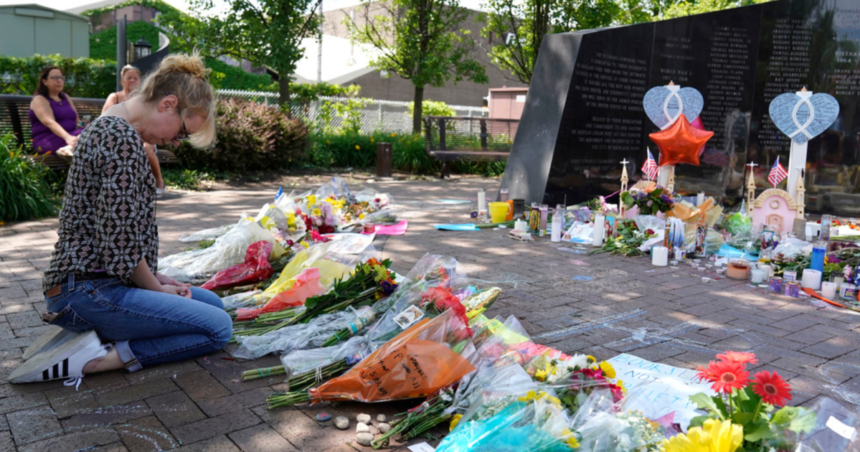The city of Highland Park, Illinois, home to 30,000 people, is one of countless communities across the country having to move forward after a mass tragedy.
On July 4, the two-year mark of the shooting that killed seven people, the city is balancing what it means to respect and remember the victims and their families, while reclaiming Independence Day traditions for the community.
“Really every action that we undertake, we are using a trauma-informed approach, which means that we want to be sensitive to victims, to the next of kin, the people who have been injured present, people who have just been traumatized by this horrible tragedy that we endured,” said Ghida Neukirch, city manager of Highland Park.
Working closely with the Department of Justice Office for Victims of Crimes, Neukirch says the city established an official Resiliency Division, with a dedicated licensed social worker to provide trauma-informed training to government employees and counseling resources to citizens.
“We have a dedicated person that is working to support the victims and the community at large,” said Neukirch. “We receive a significant amount of feedback. So overall, I hope people feel — especially the victims — I hope they feel loved and supported. I hope that they know that services are available to them 24 hours a day.”
Instead of a traditional parade last year, the city honored those killed with a remembrance ceremony and community walk.
“Experiencing gun violence in our community has a lasting impact on all of us,” Highland Park Mayor Nancy Rotering said in her speech last year. “We are all survivors.”
Related story: Highland Park, Ill. community honors victims of July 4 deadly shooting
This year, the city will again hold a remembrance ceremony, as well as its Independence Day Parade, which Neukirch says will feel familiar and celebratory.
Dr. Tali Raviv, associate professor of psychiatry and behavioral sciences at Northwestern University Feinberg School of Medicine, suggests “resuming, to the best of your ability, modified routines and rituals and things that kind of give stability and create opportunities for community.”
“If folks would like to speak to others about their feelings and have a moment of silence, I think that’s wonderful,” said Dr. Constance Abruzzese, assistant professor of medical psychology at Columbia University Irving Medical Center.
Psychologists like Raviv and Abruzzese say the more that people can plan for the day — whether they want to be around crowds, specific locations or even certain images — is especially important.
“We want to be very mindful to not force or overly saturate folks with images from the tragedy or from excess information about the tragedy,” said Dr. Abruzzese.
“For many victims of trauma, especially gun violence, loud noises can be a really difficult emotional trigger. And so [the city] chose, for example, not to do fireworks, but to actually have a drone flight,” said Dr. Raviv.
Beyond the drone flight, the Highland Park parade will have a modified parade route, as well as on-site crisis counselors and therapy dogs.
“I am looking forward to a peaceful celebration,” said Neukirch. “We know that there’s going to be mixed emotions. And again, we just want to really be there to support the community.”





